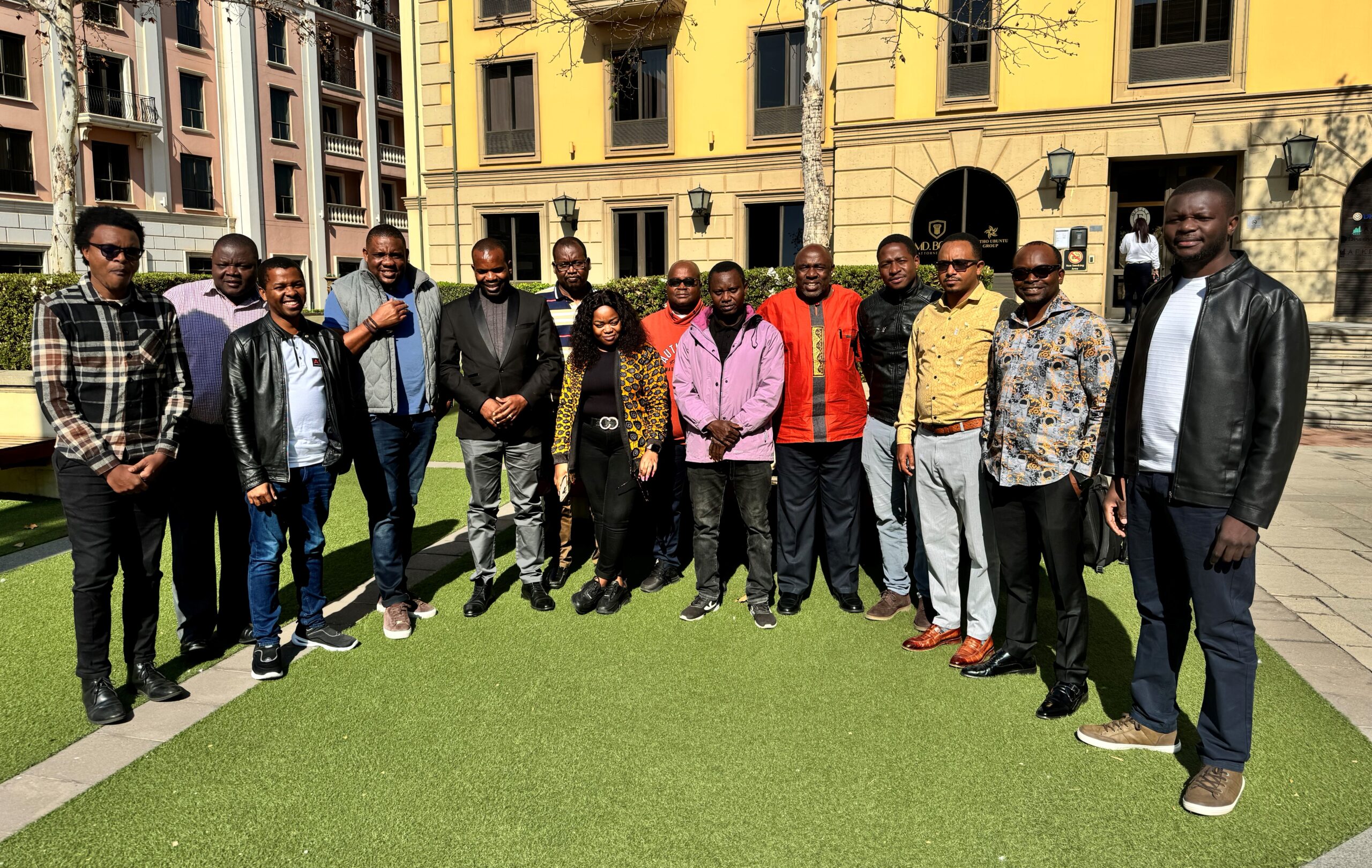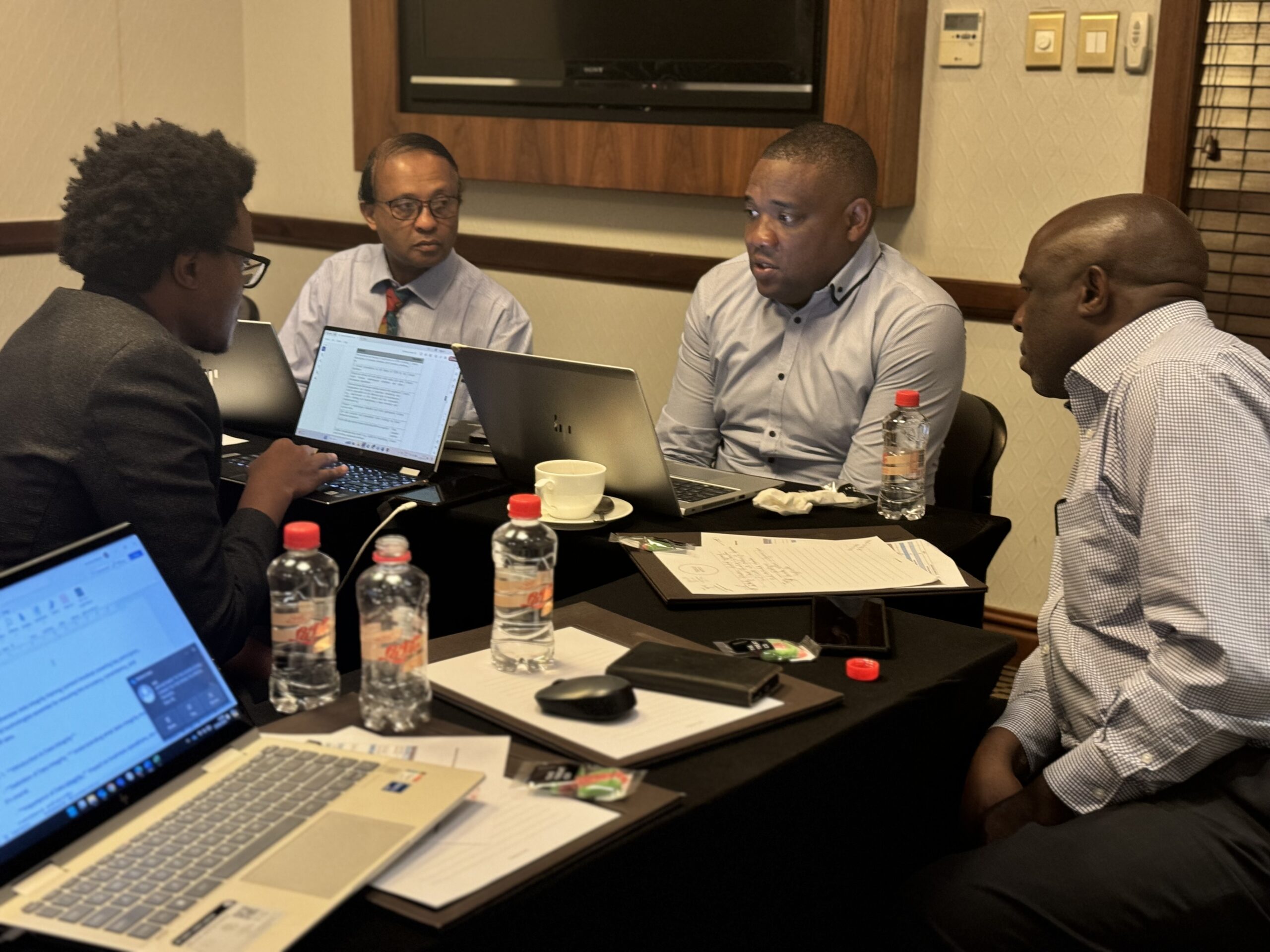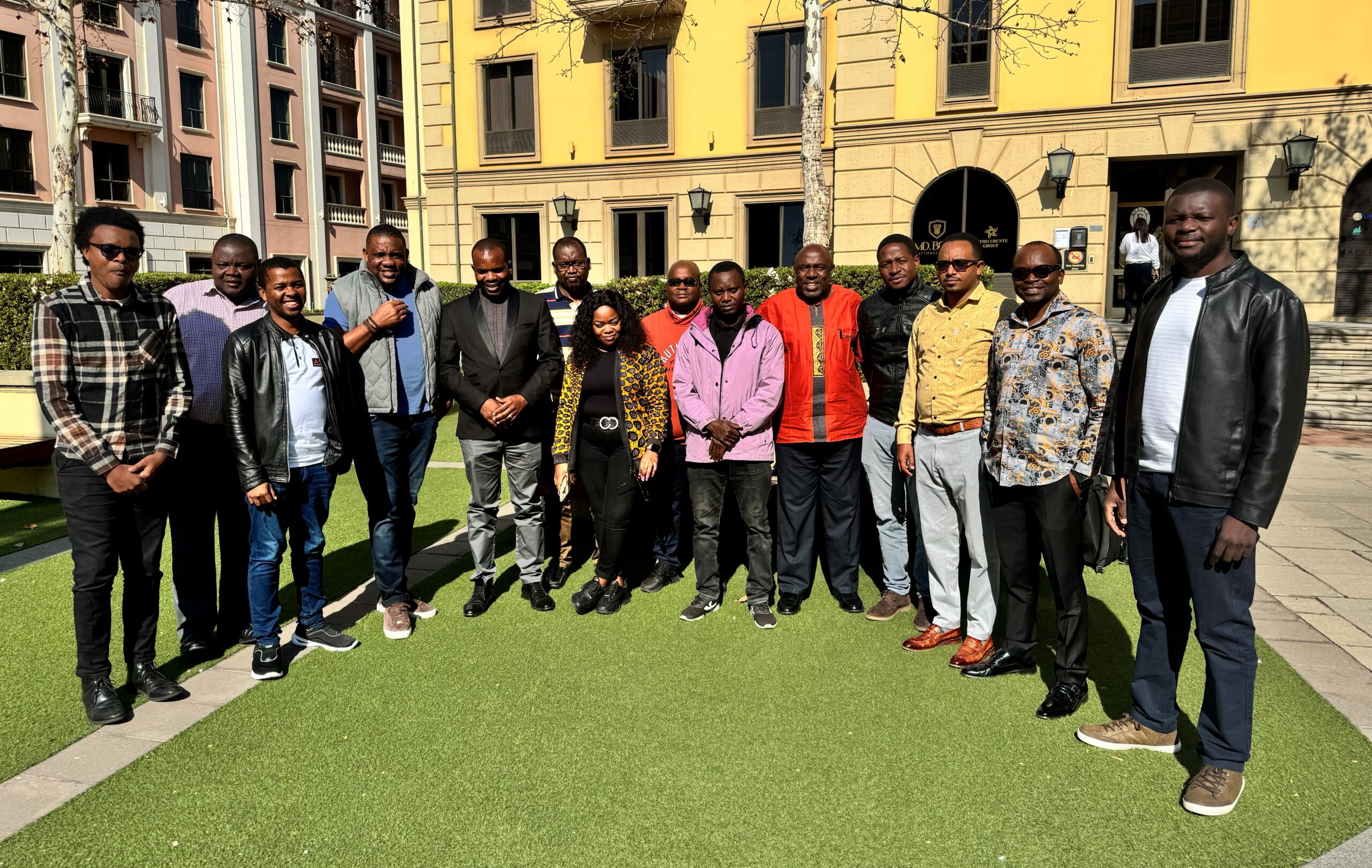 This week, the African Society for Laboratory Medicine (ASLM) with funding from the CDC-PEPFAR, convened a technical working group of experts from Africa CDC, the National Institute for Communicable Diseases of South Africa, the Kenya National Accreditation System, Biologic Calibration Solutions, and other key stakeholders in Johannesburg, South Africa. The primary focus was to develop training modules for laboratory equipment maintenance and calibration, aimed at enhancing in-country capacity for CDC-PEPFAR supported countries.
This week, the African Society for Laboratory Medicine (ASLM) with funding from the CDC-PEPFAR, convened a technical working group of experts from Africa CDC, the National Institute for Communicable Diseases of South Africa, the Kenya National Accreditation System, Biologic Calibration Solutions, and other key stakeholders in Johannesburg, South Africa. The primary focus was to develop training modules for laboratory equipment maintenance and calibration, aimed at enhancing in-country capacity for CDC-PEPFAR supported countries.
The training program is designed to fortify laboratory systems across Africa by ensuring that equipment is consistently maintained and accurately calibrated. Reliable and high-quality results are critical for effective disease surveillance, timely public health responses, and informed healthcare policy decisions. Regular equipment calibration and maintenance, adhering to international standards such as ISO 17025, play a crucial role in achieving these outcomes.
 By strengthening local capacity for equipment calibration and maintenance, the initiative aims to build a network of highly qualified biomedical engineers. This effort will support the creation and sustainability of regional calibration centers, leading to more reliable, affordable, and sustainable equipment maintenance and calibration services throughout the continent. Enhanced local expertise in these areas is expected to significantly improve laboratory operational capabilities and diagnostic service quality, contributing to overall public health advancements.
By strengthening local capacity for equipment calibration and maintenance, the initiative aims to build a network of highly qualified biomedical engineers. This effort will support the creation and sustainability of regional calibration centers, leading to more reliable, affordable, and sustainable equipment maintenance and calibration services throughout the continent. Enhanced local expertise in these areas is expected to significantly improve laboratory operational capabilities and diagnostic service quality, contributing to overall public health advancements.

